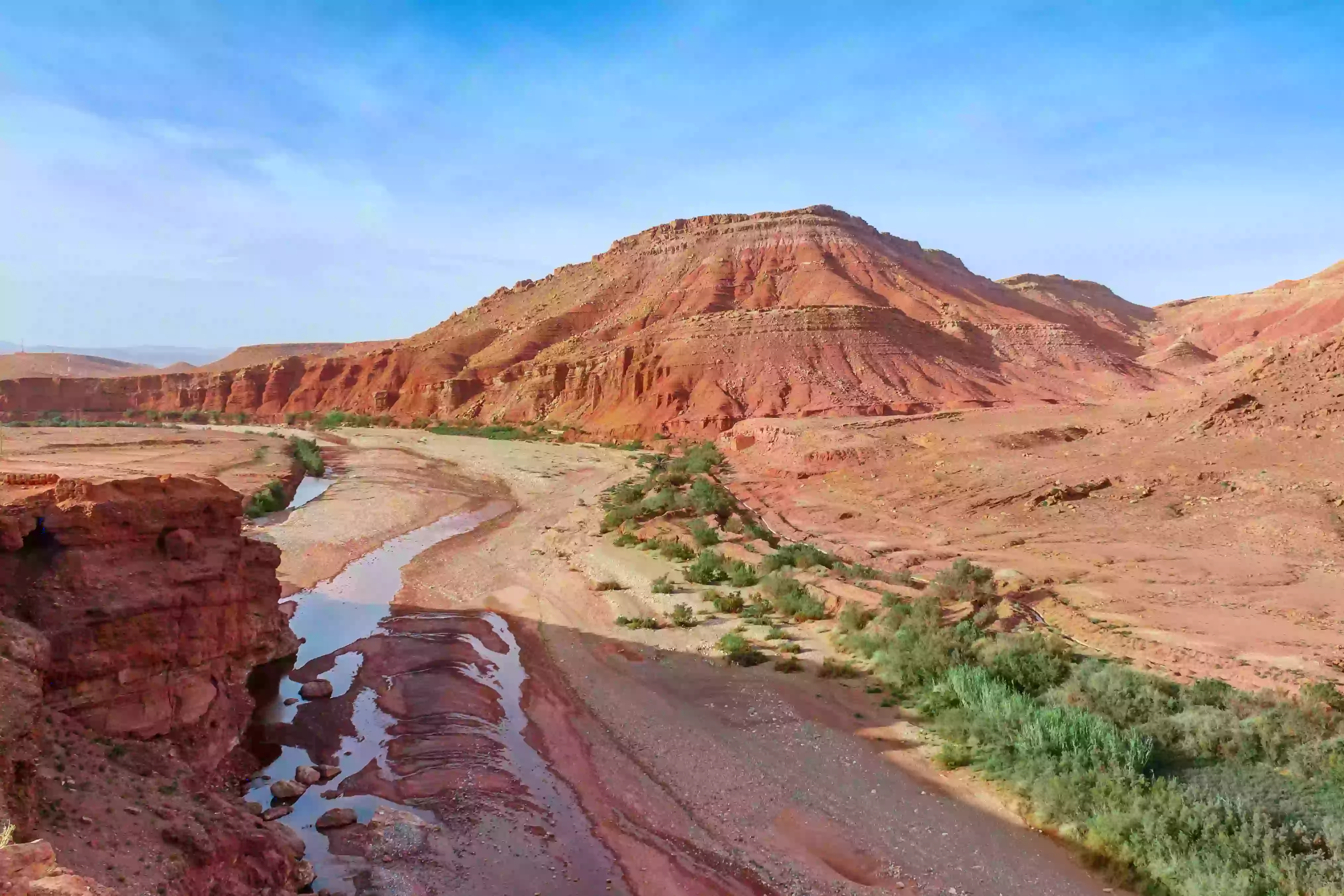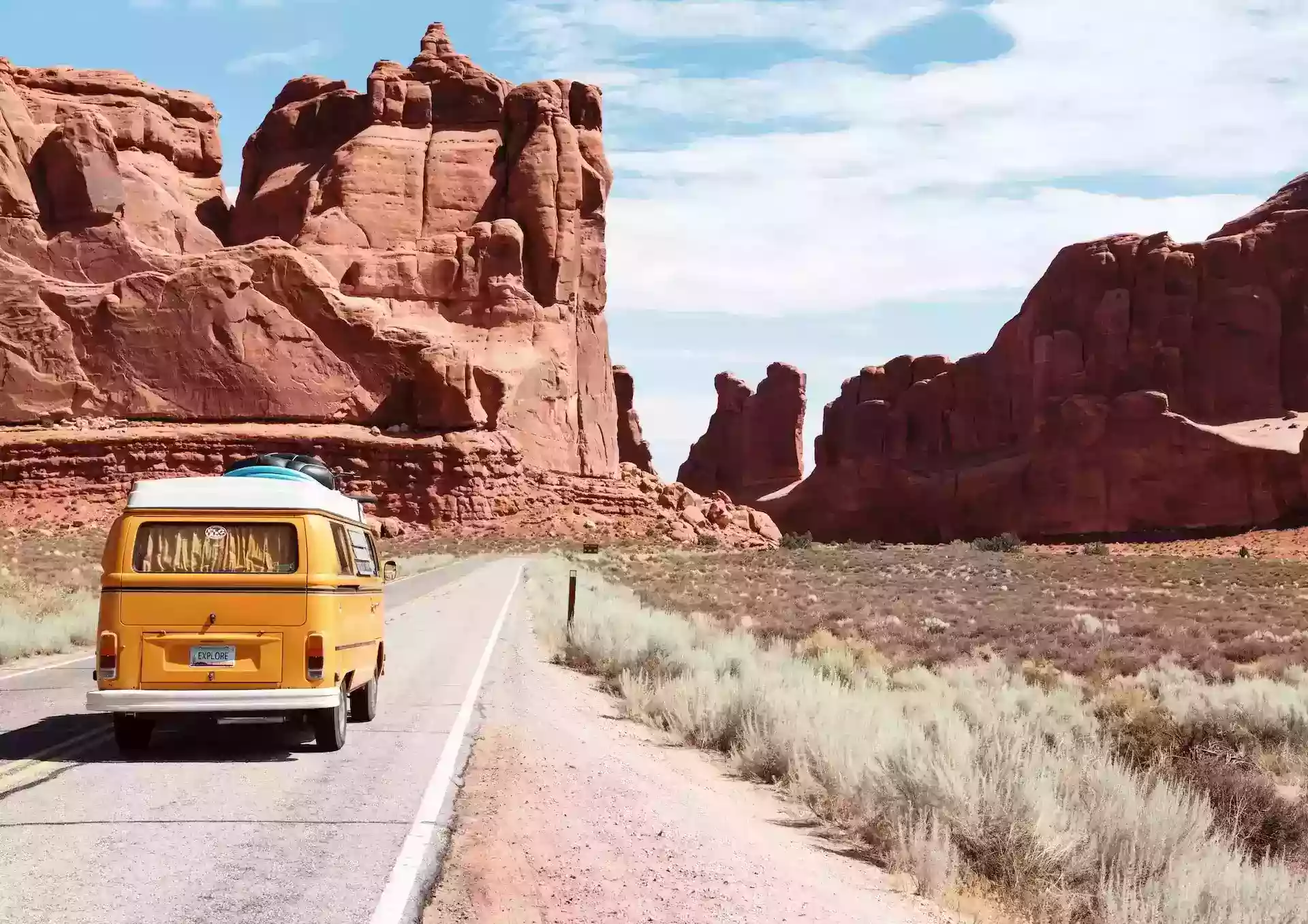A Traveler's Guide to Morocco: Essential Things to Know Before You Go!
Morgan Wiggins
Mar04,2023 • 3 min read

M
orocco is a fascinating nation with a thriving culture, delectable cuisine, beautiful architecture, and a lengthy past. However, there are a few crucial things you should be aware of before you pack your bags and depart on your Moroccan journey.
Moroccan Traditions and Culture!
Moroccan culture is a fusion of Berber, Arab, and European influences with distinctive customs and habits that may be foreign to outsiders. The hospitality of the Moroccan people is one of their most valued cultural traits, so you can expect to be welcomed into many houses and businesses while you're there. Respect and courtesy are essential, as are adhering to socially acceptable clothing codes and conduct.
Religion is also a significant aspect of Moroccan culture, with Islam being the predominant faith. Understanding Islamic traditions and practices, such as the call to prayer and mosque attire regulations, is crucial.
Moroccan food
With its flavorful spices, tender meats, and fresh vegetables, Moroccan food is a highlight of any visit to the country. The most well-known Moroccan foods are harira soup, couscous, and tagine. Many dishes contain nuts, dairy, or wheat products, so be mindful of dietary restrictions.
Moroccan Architecture
Some of the most beautiful examples of Islamic architecture, with intricate designs and vivid hues, can be found in Morocco. Among the must-see examples of Moroccan design are the Bahia Palace in Marrakech and the Hassan II Mosque in Casablanca
Moroccan Markets and Shopping
Moroccan markets are a feast for the senses, with colorful displays of textiles, ceramics, spices, and jewelry. Haggling is common practice in Moroccan markets, so it's important to negotiate for the best price. It's also important to be aware of any customs around shopping, such as not touching items with your left hand.
Moroccan Heritage and History
With influences from Berber, Arab, and European cultures, Morocco has a rich past and heritage. Numerous sites and attractions, such as the magnificent Hassan II Mosque and the ancient Volubilis ruins, provide insight into Morocco's history. Respect these historic locations and adhere to any clothing codes or other guidelines that may be in place.
Moroccan Nature and Wildlife
Morocco has diverse wildlife and scenery, from the snow-capped Atlas Mountains to the Sahara Desert. Hikers and nature enthusiasts can explore the Atlas Mountains' scenic trails and spot rare birds like the Barbary Macaque. The Fennec Fox and Saharan Cheetah are just two examples of the unusual plants and animals in the Sahara Desert. Responsible tourism is essential, but it's vital to remember that some of Morocco's wildlife and natural resources are in danger.
Moroccan Communication and Language
French and Arabic are the country's official languages, though many Moroccans also know Berber and Spanish. Learning a few basic phrases in Arabic or French can help you communicate with locals, particularly in more rural areas. Even though English is widely spoken in Moroccan cities, it still helps if you have a basic grasp of regional dialects and traditions
Moroccan Climate and Weather
Morocco has a Mediterranean climate with mild winters and hot summers, but the country's diverse geography means climate can vary depending on the region. The best time to visit Morocco is during spring (March to May) or fall (September to November) when temperatures are comfortable and rainfall is minimal. However, if you're planning to visit the desert, it's important to prepare for extreme heat during the day and chilly temperatures at night.
Moroccan Transportation
Morocco has an extensive network of transportation options, including taxis, buses, and trains. Taxis are a common mode of transportation, but it's important to negotiate the fare before getting in. Buses are another affordable option but can be crowded and uncomfortable, especially during peak travel times. Trains are a comfortable and efficient way to travel between major cities and are relatively inexpensive.
Moroccan Festivals and Celebrations
Morocco is renowned for its colorful celebrations and festivals, which change depending on the area and the season. An international gathering of musicians and actors takes place each year at the Fes Festival of World Sacred Music. Other events include the Tan-Tan Moussem, which honors Saharan agricultural customs, and the Marrakech International Film Festival. Before your trip, do some study on local festivals and celebrations to make sure you don't skip out on these unique cultural events.
Conclusion
Morocco is a fascinating and diverse country with a lot to offer travelers. By understanding the country's wildlife, language, transportation, climate, and festivals, you can plan a trip that takes advantage of all the country has to offer. Whether you're exploring the natural beauty of the Atlas Mountains or immersing yourself in the country's vibrant culture, Morocco is sure to be a memorable destination.

